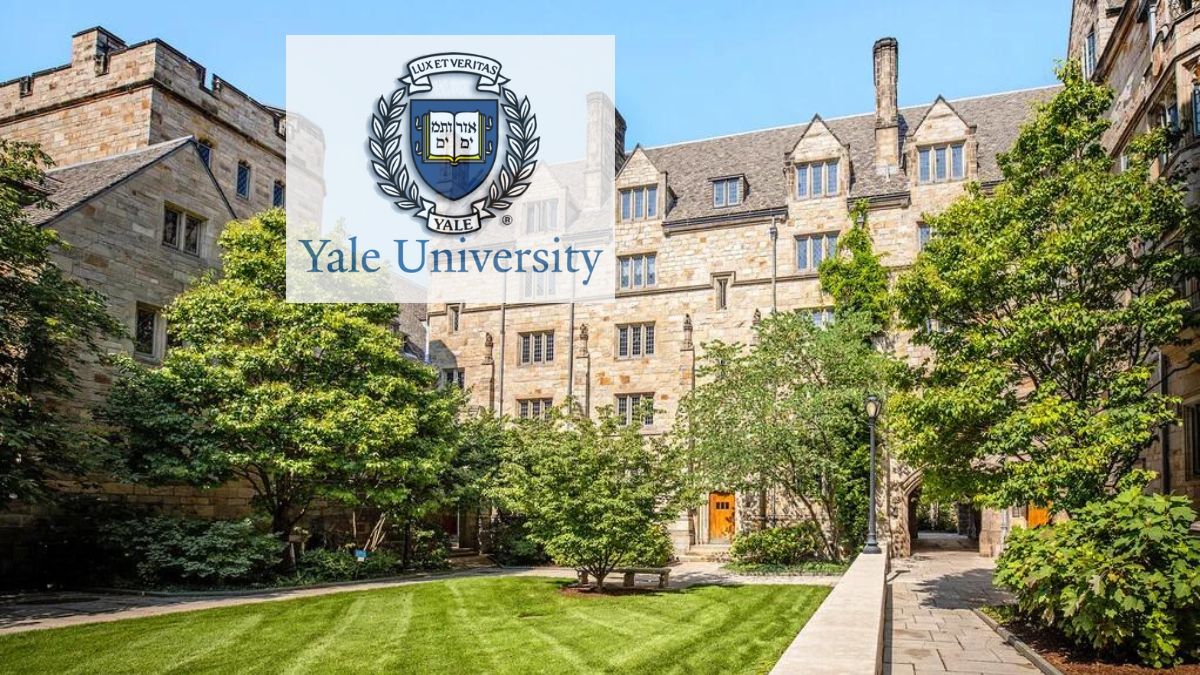Yale University, known for its commitment to academic excellence and accessibility, offers a robust financial aid program that ensures students from diverse financial backgrounds can afford a world-class education. The university follows a need-blind admission policy for both U.S. and international applicants, meaning financial need does not impact admission decisions. Yale is dedicated to meeting 100% of demonstrated financial need, offering generous scholarships, grants, and work-study opportunities to cover tuition, housing, meals, books, and personal expenses—without requiring loans. The Yale Scholarship, a need-based grant provided to students, ranges from a few hundred dollars to over $70,000 per year, with the average award exceeding $50,000 annually. Additionally, the financial aid package includes funding for research projects, unpaid internships, and study abroad programs, ensuring students can fully engage in academic and extracurricular opportunities without financial burdens.
Graduate and professional students at Yale benefit from a variety of funding opportunities, including fellowships, research assistantships, and teaching assistantships, which provide financial support in the form of tuition remission and stipends. Each graduate and professional school at Yale has its own financial aid policies and funding sources, tailored to the specific needs of their programs. Students pursuing graduate degrees in law, medicine, business, and other fields can access specialized financial aid programs, offering substantial grants and fellowships based on academic merit and need. Yale’s commitment to diversity and inclusion extends to financial aid, with targeted initiatives supporting students from underrepresented communities and developing countries. While the application process is rigorous, requiring documents such as the CSS Profile and tax returns, Yale’s financial aid policies ensure that students graduate with minimal or no debt, making it an attractive choice for high-achieving students worldwide.
Pros
Yale meets 100% of demonstrated financial need without loans.
Admission decisions are not influenced by financial status.
Aid is available to both U.S. and international students.
Covers research, internships, and study abroad programs.
Generous grants allow students to graduate without financial burden.
Cons
Financial aid and admission are extremely selective.
Requires extensive documentation and verification.
Most scholarships are based solely on financial need.
Financial aid may not fully cover personal expenses.
Aid must be reapplied for each academic year.




